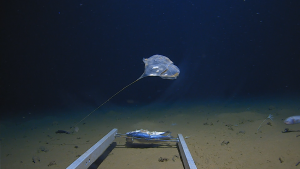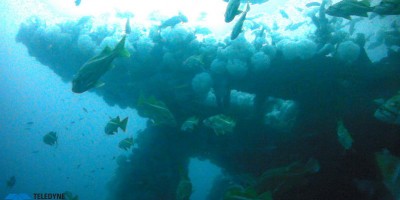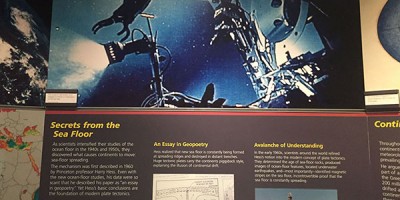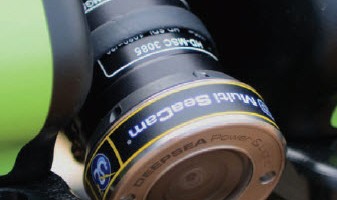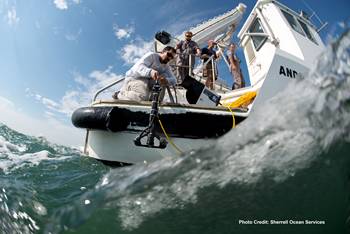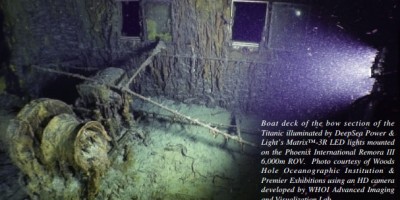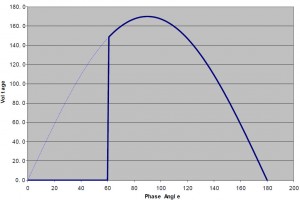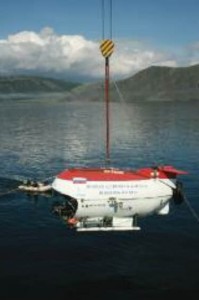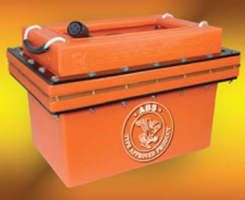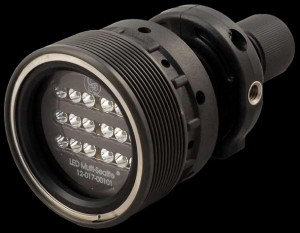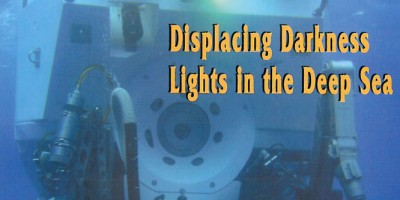
Press Releases
Quiescent Imaging for Deep-Sea Science: Advances in Technology and Productivity
November 26th, 2019 | Knowledgebase , Press Releases , Technical Resources
There is a need for high quality underwater imaging in the oceanographic sciences. Quiescent imaging technology provides crisp 4k underwater imaging while allowing researchers to focus on mission-critical tasks.HD Multi SeaCam® Helps Researchers Identify Shipwreck Ituna
December 20th, 2015 | Press Releases , Products In Use , Underwater Imaging
Our HD Multi SeaCam was used by NOAA and partners to capture video footage of the shipwreck Ituna shipwreck off the San Francisco Bay.HMI Light with Alvin Featured at Smithsonian Museum
November 6th, 2015 | Press Releases , Products In Use
The Smithsonian National Museum of Natural History features an image of Alvin’s manipulator arms with our HMI SeaArc® lights attached.Advancements in Subsea High Definition Imaging
December 20th, 2015 | Press Releases , Underwater Imaging
We are guided by several basic principles when creating any new product design. Performance, immersion longevity, durability, and compact form factor are just a few of the underlying concepts considered a necessity for any product that bears our name. This article discusses how these philosophies are applied to our development of High Definition imaging systems, including the FleXlink technology.DVS-300 Invades Normandy
October 15th, 2013 | Press Releases , Products In Use
Our diver video system, DVS-300, assisted in creating the largest and most precise archaeological map of the five invaded beaches in Normandy to commemorate the 70th anniversary of D-Day.LEDs are Now the Choice for Underwater Lights
May 1st, 2011 | Press Releases , Underwater Imaging
Properly designed underwater LED lights can be “plug & play” replacements for halogen lights. They can operate using the same wide choice of connectors, the same input power (120VAC or low voltage DC), and the same dimming controls (variable voltage or phase control dimming) as the halogen lights that they replace. This makes it easy for underwater operators to significantly upgrade the lighting that they use without encountering complex or costly changes in the process.Advanced Underwater LED Power Supply and Light Control
May 20th, 2010 | Press Releases , Technical Resources , Underwater Imaging
While great attention is given to LED solid state devices during their rapid evolution, they are just one component in a larger electronic circuit. LEDs are tiny, fragile devices that will be easily damaged if allowed to overheat or if exposed to excessive voltage or currents. These devices need an external electronic circuit, commonly called a driver, to safely control the power applied to them. This article will look at the driver circuitry behind the light emitters.New Discoveries in Lake Baikal by the MIR Submersibles
March 20th, 2010 | Press Releases , Products In Use
The MIRs have provided stable light and camera platforms for the making of well known deep ocean films, including James Cameron’s Titanic, Bismarck, Ghost of the Abyss, IMAX Titanica, Al Giddings’ Treasure of the Deep, and BBC’s Blue Planet.Advances in Pressure Compensated Lead-Acid Batteries
February 20th, 2010 | Power , Press Releases
Pressure compensated lead-acid storage batteries eliminate the need for heavy, bulky, expensive pressure housings for many underwater applications. This paper is focused on advancements in the venerable leadacid battery.Recent Advances in Deep Sea LEDs for the Offshore Industry
June 20th, 2009 | Press Releases , Underwater Imaging
Manned vehicles, ROVs, and Saturation Divers are adopting Light Emitting Diodes (LEDs) as powerful and durable light sources. Developments continue to follow the rapid evolution of LEDs for general topside illumination. Our engineers have devised compact ocean optics, both reflectors and lenses. Successful pressure compensation of both LEDs and driver electronics foretell future designs in diver and vehicle lighting.Displacing Darkness: Lights in the Deep Sea
December 1st, 2008 | Press Releases , Underwater Imaging
Our line of underwater lights are used around the world by the most demanding end users in the earth's most extreme environments, including hot water hydrothermal vents, high pressure ocean trenches, radioactive nuclear storage facilities, and biohazardous sewage treatment plants.















